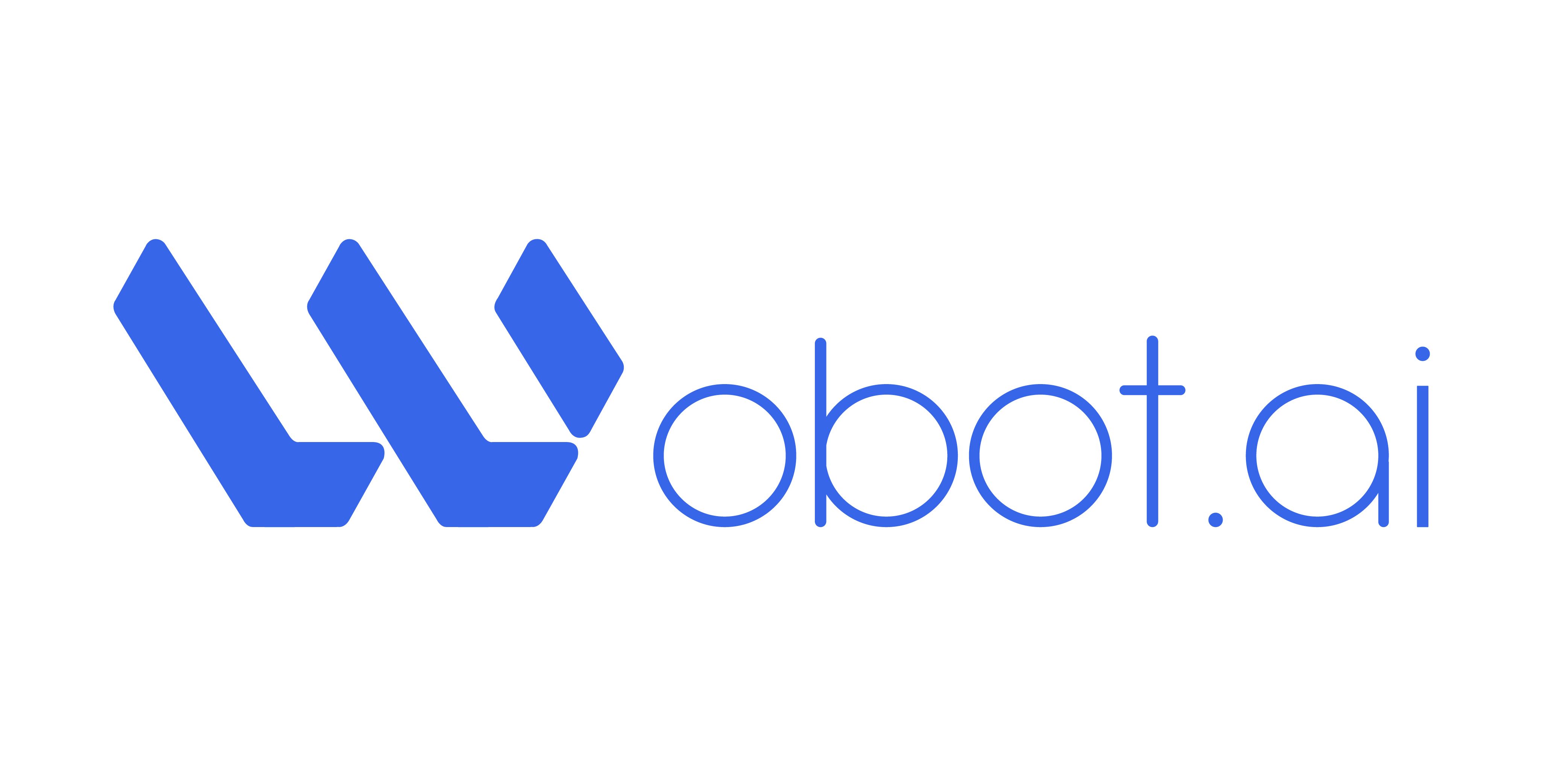293 reads
Enabling Business Operations With Computer Vision: Interview With Tanay Dixit, CPO of Wobot.ai
by
November 26th, 2021
Audio Presented by

Wobot.ai is a Video Intelligence Platform that enables businesses to do more with their existing camera systems.
About Author
Wobot.ai is a Video Intelligence Platform that enables businesses to do more with their existing camera systems.
